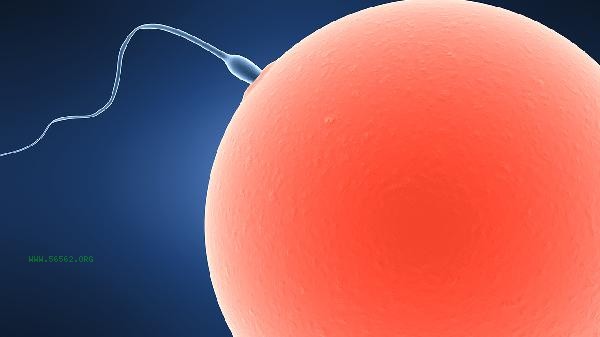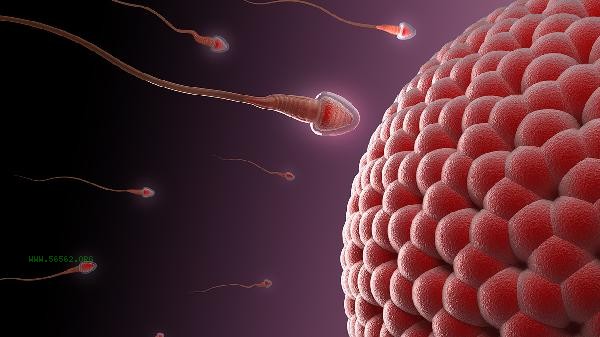Non liquefied sperm may affect the probability of conception, but it does not necessarily lead to infertility. Semen non liquefaction may be caused by factors such as prostatitis, seminal vesiculitis, and trace element deficiency, and fertility needs to be evaluated based on specific reasons. Semen liquefaction is a natural process in which semen changes from a gel like state to a liquid, typically occurring within 15-30 minutes after ejaculation. If it does not liquefy after 60 minutes, it is called semen non liquefaction. This situation can limit sperm activity and make it difficult for them to penetrate cervical mucus to reach the fallopian tubes and combine with the egg. But some sperm may still maintain vitality in an environment that is not completely liquefied, and there is a possibility of natural conception. In rare cases, non liquefaction of semen is accompanied by severe abnormalities in sperm quality, such as low sperm motility or high deformity rate, which significantly reduces the probability of conception. This type of situation often requires medical intervention, such as prostate massage, anti infection treatment, or in vitro semen optimization treatment. For couples who have not been pregnant for a long time, it is recommended to conduct systematic evaluations such as semen analysis and reproductive hormone testing. If necessary, assisted reproductive technologies such as intrauterine insemination can be used. During the preparation period for pregnancy, men should avoid factors that may affect sperm quality such as prolonged sitting and high temperature environments, and supplement with trace elements such as zinc and selenium appropriately. If there are symptoms of urinary and reproductive system infection such as frequent urination and perineal pain, seek medical attention promptly. Women can cooperate with monitoring ovulation cycles, choose appropriate sexual intercourse timing under the guidance of doctors, and if necessary, both parties can undergo fertility assessment and intervention together.







Comments (0)
Leave a Comment
No comments yet
Be the first to share your thoughts!